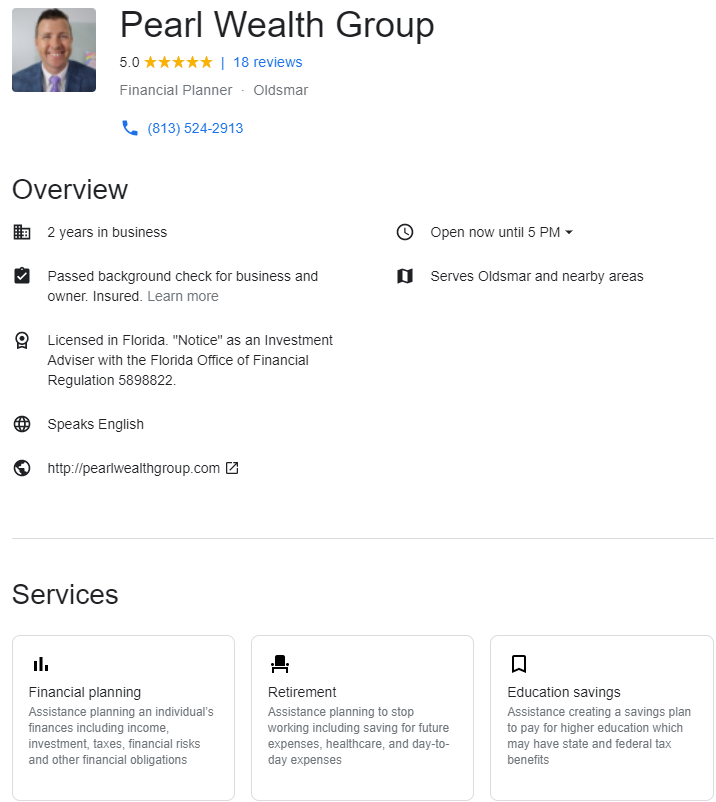
There is a growing demand for principal consultants as many companies seek to cut costs and improve productivity. Consultants can assist organizations in implementing new technologies and expanding their reach to new markets. Principal consultants usually require a bachelor's level in the relevant field. However, employers will prefer applicants with an MBA. This is a two year program that includes coursework and a research assignment. Here are some suggestions to get you started in this area.
Job outlook for principal consultants
The job outlook for principal consultants is generally positive, but there is a wide range of job duties. Principal consultants' job responsibilities include project management, managing a team of talent, and helping businesses with difficult business problems. They may also take part in thought leadership, business development, and other activities. Principal consultants are typically part of teams but should be able work independently and manage their own projects. These are the three main trends in the field.
Education and experience: Candidates typically need a bachelor's degree to become a principal consultant. Many potential principal consultants hold a master's in business administration or another related field. Employers also appreciate candidates with experience in related fields. Some organizations prefer candidates with at least a master's degree, and a doctorate in the field is common. As for compensation, principal consultants make an annual mean salary of $80630.

Education required
Principal consultants are a position of high management within a consulting firm. Principal consultants are responsible for overseeing junior consultants' work and giving guidance and leadership to other employees. A bachelor's degree in the relevant field and several years of experience as a consultant are required to become a principal. Undergraduate studies may also qualify you for a career as a principal consultant, as they can help you develop leadership skills.
A principal consultant often recommends effective strategies for improving the bottom line of a company. A principal consultant may choose to specialize in one industry, such as technology or health care. You will be different from other consultants if you have this specialized knowledge. Common industries include human resources, finance, marketing, and engineering. The specific type and level of education you seek will depend on your chosen industry. In addition to a bachelor's degree, a principal consultant will often have some industry-specific training.
Your earning potential
Experienced consultants can make more as principal consultants. Principal consultants often have more than 10 years of experience and are highly sought after by clients. Principal consultants need to have experience. They may also require additional training to stay current with regulatory changes and technological advancements. Although the average salary for consultants is $80630 per year, the top executives earn an average of $163470. This article discusses the factors that influence earnings as a principal consultant.
The median salary for a Principal consultant varies depending on where they are located and how much experience they have. ZipRecruiter reports that an entry-level principal consultant can earn as much as PS82,500 annually. An average annual salary of a Principal Consultant in the mid-career is Rs16.7 Lakhs. A senior Principal consultant may make up to $180,000 per annum. The earning potential of a principal consultant who has more than 20 years experience may be higher than the national average.

Career path
You will need to have specific skills in order to be a successful principal consultant. Although consultants may have broad knowledge of the industry, some are able to distinguish themselves from others by having specialized knowledge. Aspiring principal consultants will find certifications in specific areas of business beneficial as it allows them to increase their knowledge and expand their experience. These certifications are a great way for you to stand out and showcase your expertise.
A principal consultant manages all phases of projects and manages the talents of a team. They often tackle difficult business problems. A principal consultant, upon reaching the level of director, will be expected to manage a firm's new business development and strategic planning, generate new business, and maintain client relationships.
FAQ
Can consulting be considered a real job?
Consulting is not just an entry-level career choice for people who want to make money fast - it's also a great way to learn valuable skills and build a solid foundation that you can use throughout your work.
Consulting can offer many career opportunities, such as project management and business development. You could find yourself working with small start-ups and large international corporations.
Consulting gives you the chance to grow and develop your skills. This could include learning how to manage teams, write proposals, manage budgets and analyze data.
Can anyone be a Consultant?
A consultant is someone who helps you achieve your goal by providing advice on how to do something better, faster, cheaper, etc.
A consultant may help you solve problems, make decisions, or negotiate with others.
Consultants are often hired to help with specific tasks and projects.
In fact, most consultants are paid hourly or daily rates rather than per project.
What is the average salary of a consultant?
Some consultants earn more than $100k per year, but most consultants earn between $25 and $50k. An average consultant salary is $39,000 This includes hourly as well as salaried consultants.
Salary depends upon experience, location, industry and type of contract (contractor/employee). It can also depend on whether the consultant has their own office or works remotely.
What is a consultant?
A consultant is someone who offers services to others. It's not a job title. A consultant is a role that helps others achieve their goals. This involves helping them to understand their choices and making the right choices.
Consultants have the ability to solve any problems or challenges that may arise from projects. They can provide guidance and advice on how to implement the solutions.
Any questions you have about business, technology and finance, leadership or strategy, human resource management, customer service, customer service, or any other topic, a consultant can answer them.
Is it possible to run a consultancy business from home?
Absolutely! Actually, this is what many consultants already do.
The majority of freelancers work remotely with tools like Skype. They often create their own office space so they don't miss out on company perks.
Some freelancers prefer to work at libraries and cafes instead of traditional offices.
Others choose to work at home because they love being with their children.
Of course, working from home has its pros and cons. If you love your job, working from home is definitely something worth looking at.
What is the difference?
An advisor gives information on a topic. A consultant can offer solutions.
To help clients achieve their goals, a consultant works directly with them. A consultant provides advice to clients through books and magazines, lectures, seminars, and other means.
Statistics
- WHY choose me: Why your ideal client should choose you (ex: 10 years of experience and 6-week program has helped over 20 clients boost their sales by an average of 33% in 6 months). (consultingsuccess.com)
- According to statistics from the ONS, the UK has around 300,000 consultants, of which around 63,000 professionals work as management consultants. (consultancy.uk)
- 67% of consultants start their consulting businesses after quitting their jobs, while 33% start while they're still at their jobs. (consultingsuccess.com)
- Over 62% of consultants were dissatisfied with their former jobs before starting their consulting business. (consultingsuccess.com)
- On average, your program increases the sales team's performance by 33%. (consultingsuccess.com)
External Links
How To
What is a typical day for a consultant?
Each type of work will dictate the day's pace. You will be spending time researching, planning new ideas, meeting with clients, and creating reports.
Clients will often meet with you to discuss their problems. These meetings can be conducted over the phone, by email, face-to-face, or online.
You may also be asked to prepare proposals, which are documents outlining your ideas and plans for clients. These proposals will be presented to clients by you and a mentor.
After all the preparation and planning, it's time to actually create some content. Writing articles, designing websites, editing photos or conducting interviews are just some of the options.
Depending on the scope of the project, you may need to do some research in order to gather relevant statistics or figures. You might need to determine how many customers you have, and whether they buy more than one product.
After gathering enough information, you can present your findings to clients. Your findings can be presented orally or written.
After the initial consultation, it is important to follow up with clients. You can call clients to ask how they are doing or send emails asking for confirmation that your proposal was received.
Although this process can take time, it is important to stay focused and build good relationships with your clients.